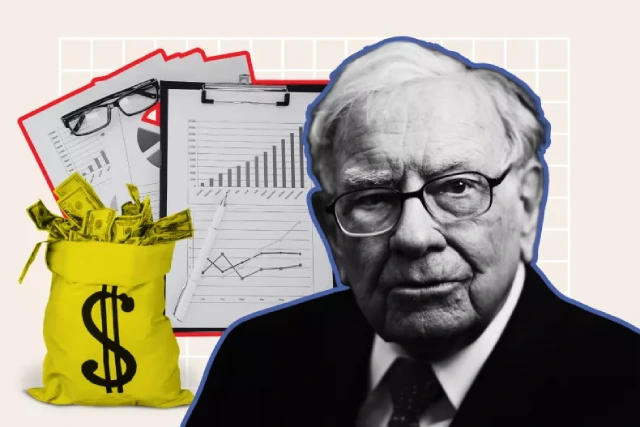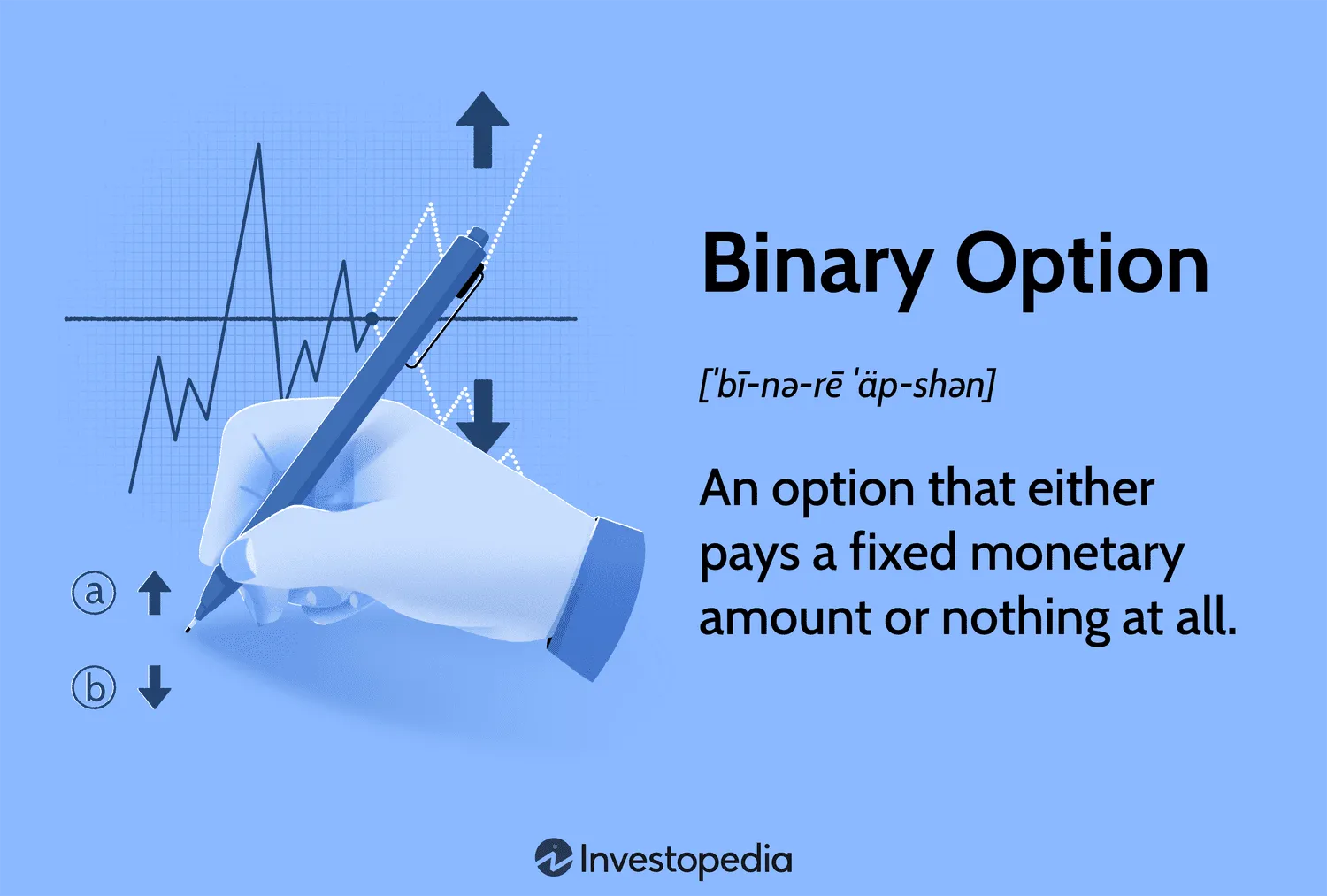Most people consider Warren Buffett to be one of the best investors who has ever lived. Investing in Berkshire Hathaway (BRKB), his corporation is one way to share in his success. Is the passing of Berkshire’s illustrious vice chairman, Charlie Munger, a good time for you to invest in the company? Examining the ultimate Warren Buffett stock’s fundamental and technical performance is what we should do next.
Legendary Investor Charlie Munger Dies
The news broke on November 28th that Munger, a major executive of Berkshire, had passed away at the age of 99. The company announced in a statement that he passed away “peacefully” at a hospital in California.
In a news release, Berkshire Hathaway’s CEO Warren Buffett stated that the company’s current condition would not have been achieved without Charlie’s guidance, insight, and contribution. Thanks in large part to Munger, Buffett shifted his focus from pure value investing to acquiring high-quality companies at “fair” prices.
In 1971, he convinced Buffett to buy See’s Candies for what Buffett later called a “fancy price.” Berkshire Hathaway made billions thanks to Munger’s prediction that acquiring a high-quality company would yield higher earnings over time. After the investment was successful, the Oracle of Omaha stated that he stopped looking for “mediocre companies at ‘bargain’ prices.”
Berkshire Hathaway Tweaks Portfolio, Sells Stocks
During 2023, Buffet’s Berkshire Hathaway sold more equities than it bought. In the third quarter, it sold an additional 5.3 billion shares of stock. Berkshire Hathaway sold its shares in GM, PG, and JNJ (Johnson & Johnson) in the third quarter. On top of that, it sold out all of its shares in UPS, Mondelez, and Celanese.
Apple, Coca-Cola, and Bank of America (BAC) were among the firm’s most significant and long-standing assets that it maintained unchanged. Additionally, Berkshire made a few tweaks. A substantial investment in Chevron (CVX) was reduced by 12.9 million shares, or 10%. In addition, it sold HP (HPQ), Globe Life (GL), and Markel (MKL) shares.
Warren Buffett Buys More OXY Stock
However, Berkshire’s exposure to the energy market is not limited to Chevron. The company is causing quite a stir as it amasses a larger and larger share in Occidental Petroleum (OXY). The oil behemoth had 91.2 million shares purchased by Berkshire last year. Amid the conflict between Russia and Ukraine, the price of oil skyrocketed. This year, between September 26 and 28, Berkshire purchased an additional 5.99 million shares of Occidental Petroleum, as revealed in a filing dated September 28.
In 2023, Buffett kept increasing his holdings in the Houston-based oil behemoth, and he currently controls approximately 25.9% of the company’s total shares. Regulatory authorities gave Berkshire the green light to buy as much as half of the oil behemoth last year. Buffett stated that Berkshire is “not going to buy control” of Occidental at the firm’s annual shareholder meeting in May.
Analyzing the Financial Performance of the Company
One of the key factors in evaluating the investment potential of Berkshire Hathaway is analyzing its financial performance. Over the years, the company has consistently delivered strong financial results, generating significant profits and increasing its book value.

Berkshire Hathaway’s financial success can be attributed to its diverse portfolio of businesses, which allows it to capitalize on various market opportunities. The company’s insurance subsidiaries, including GEICO and Berkshire Hathaway Reinsurance Group, have been major contributors to its profitability. Additionally, Berkshire Hathaway’s ownership stakes in well-known companies such as Coca-Cola and Apple have provided substantial returns.
Investors closely monitor Berkshire Hathaway’s financial statements, including revenue growth, earnings per share, and return on equity, to gauge the company’s performance and potential for future growth. These financial indicators can provide valuable insights into the stock’s attractiveness as an investment.
Evaluating the Company’s Competitive Advantage and Moat
One of the key strengths of Berkshire Hathaway lies in the competitive advantages and moats of the businesses it owns. Buffett has always emphasized investing in companies with strong and sustainable competitive positions, which can help protect their market share and profitability.
Berkshire Hathaway’s subsidiaries operate in industries with significant barriers to entry, such as insurance and utilities. This allows them to maintain their dominance and fend off competition. Additionally, the company’s reputation and brand recognition contribute to its competitive advantage, attracting customers and investors alike.
Furthermore, Berkshire Hathaway’s vast capital resources and long-term orientation give it a unique advantage in identifying and acquiring companies with attractive moats. This strategic approach to investing has been a key driver of the company’s success and can continue to generate value for shareholders in the future.
Expert Opinions and Analyst Recommendations on the Stock
As the investment community grapples with the implications of Warren Buffett’s passing, expert opinions and analyst recommendations on Berkshire Hathaway’s stock become paramount. Analysts closely monitor the company’s performance, evaluate its prospects, and provide insights to guide investors in making informed decisions.
Opinions on Berkshire Hathaway’s stock post-Buffett vary. Some analysts believe that the company’s strong foundation, diversified portfolio, and adherence to Buffett’s principles will help it weather the transition successfully. They argue that the company’s long-term prospects remain intact and that it continues to be an attractive investment option.
Others, however, caution that the loss of Buffett’s leadership may result in a decline in investor confidence and potentially impact the stock’s performance. They stress the importance of closely monitoring the company’s strategic decisions and leadership changes in the coming months. Ultimately, investors should consider the various expert opinions and analyst recommendations while conducting their due diligence to make informed investment decisions.
Considerations for Investors Post the Iconic Leader’s Death
For investors contemplating buying Berkshire Hathaway stock after Warren Buffett’s death, there are several key considerations to keep in mind. Firstly, it is essential to evaluate the company’s long-term prospects and whether its business model and competitive advantages remain intact.
Investors should also assess the leadership transition plan that Berkshire Hathaway has in place. The company has a strong management team and has been preparing for Buffett’s eventual departure. Understanding how the new leadership will uphold Buffett’s principles and guide the company’s future direction is crucial. Additionally, investors should assess their own risk tolerance and investment objectives. While Berkshire Hathaway has a strong track record, no investment is without risk. It is important to consider the potential volatility and short-term fluctuations that may occur during the transitional period.
Potential Risks and Challenges for the Stock
While Berkshire Hathaway has proven to be a resilient and successful company, there are potential risks and challenges that investors should be aware of. One significant risk is the company’s dependence on Warren Buffett’s reputation and track record. The loss of such an iconic leader could impact investor sentiment and potentially lead to a decline in the stock price. Another challenge is the potential for underperformance in certain sectors of Berkshire Hathaway’s portfolio. The company’s exposure to industries such as insurance and energy leaves it susceptible to market fluctuations and regulatory changes. Investors should carefully evaluate the risks associated with each business segment and consider diversification strategies to mitigate potential downsides.
Additionally, external factors such as economic downturns and global events can impact Berkshire Hathaway’s performance. As a conglomerate with diverse holdings, the company’s financial results can be influenced by macroeconomic trends. Investors should stay informed about the broader economic landscape and its potential implications for the stock.
Conclusion
In conclusion, the death of Warren Buffett has undoubtedly raised questions about the future of Berkshire Hathaway. However, the company’s strong foundation, diverse portfolio, and adherence to Buffett’s investment philosophy provide reasons for optimism. While there may be short-term volatility and uncertainty, history has shown that Berkshire Hathaway has been able to navigate leadership transitions successfully. Investors should carefully evaluate the company’s financial performance, competitive advantages, and expert opinions to make informed decisions.
Ultimately, the decision to buy Berkshire Hathaway stock post-Buffett should be based on a thorough analysis of the company’s long-term prospects and alignment with an investor’s goals and risk tolerance. Warren Buffett’s legacy and the enduring strength of Berkshire Hathaway make it a compelling investment option, even in a transitional period.





